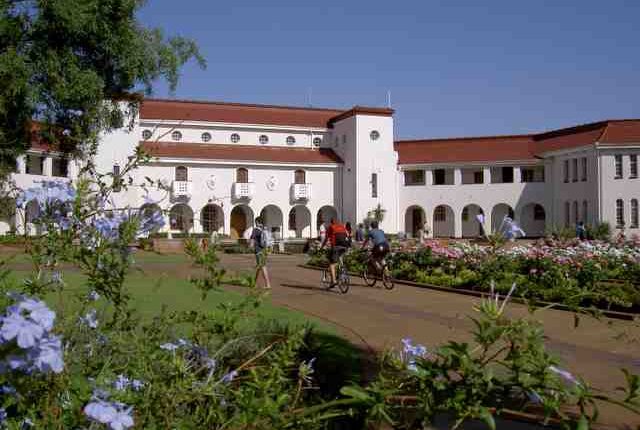North-West University research unit explores equal and quality education in rural areas
The research unit for Education and Human Rights in Diversity (Edu-HRight) recently organised a significant discourse in collaboration with the Legal Perspectives, Governance and Democracy research subarea and the Education Law subject group at the North-West University (NWU).
The discourse aimed to shed light on the various factors crucial for reforming rural education policy to ensure equal and quality education in rural areas. It served as a platform for meaningful discussions, fostering collaboration among researchers, policymakers, legal experts, and other stakeholders to advance the cause of equal and quality education for all students, irrespective of their geographic location.
The event was attended by a diverse audience, showcasing the collective commitment to addressing the challenges faced by rural education in South Africa. Besides representatives from NWU management and academics, and academics from other universities, attendees included Dr Wynand Boshoff, a member of the Portfolio Committee on Higher Education, Science, and Innovation, and Daniël Eloff, the director of Hurter & Spies Attorneys.
Dr Nicholus Mollo, was the facilitator, and expertly guided the discussion toward the key challenges faced by rural schools and the necessary steps to address them.
Christopher Cordeiro from LearnFree also shared a notable keynote address titled “Getting maximum education from micro schools – meeting the multifaceted challenge in the case of rural schools”.
The discourse further benefited from the valuable contributions made by the panel members such as Honourable Sukers, a member of the Portfolio Committee on Basic Education in the South Parliament, and Prof Jan de Groof, an extraordinary professor at Edu-HRight and a professor at the College of Europe.
Honourable Sukers shared important insights on policymaking and implementation in the education sector.
Ghalid Jacobs, another panel member and manager for institutional management and governance in the Western Cape Education Department, provided valuable input based on his practical experience in managing educational institutions.
Finally, Dumanisi Mabunda, secretary-general of the Congress of South African School Governing Bodies, highlighted the role of effective governance in improving rural education.
Edu-HRight expressed their gratitude to all those who attended the discourse, acknowledging the importance of collective efforts in bringing about positive change in rural education policy.

